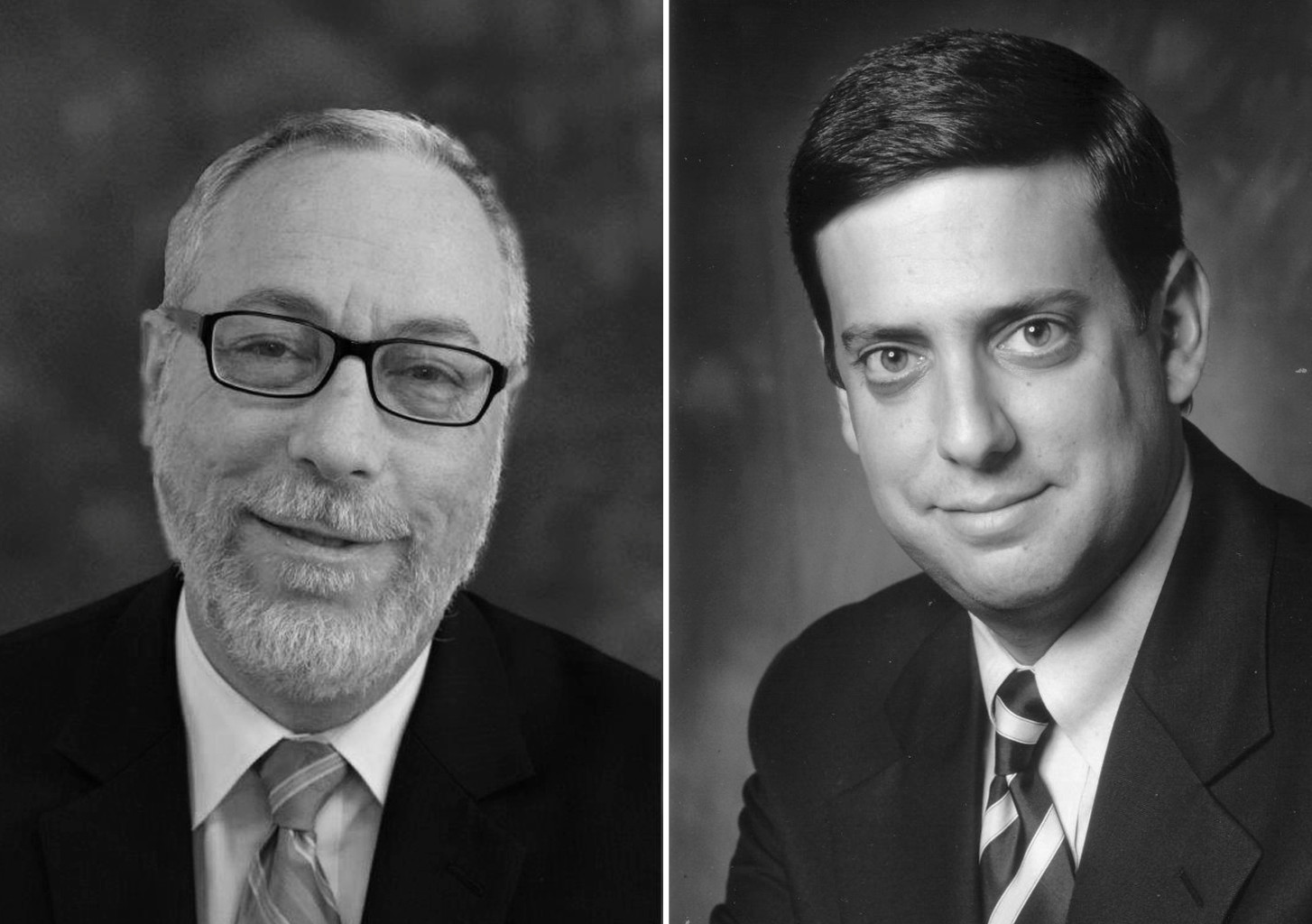By Rabbi Aaron Glatt, M.D., and Nathan Diament
The AMA should reject physician-assisted suicide
The Hippocratic Oath has been passed down through the ages because it contains some perennial wisdom: I will keep the sick from harm and injustice. I will neither give a deadly drug to anybody who asks for it, nor make a suggestion to this effect.
The rabbis of the Talmud counseled centuries ago that no person ought to take action that might hasten another person’s death, even if that person is ill, and most other major faith traditions have objections to hastening the end of a person’s life.
Yet the American Medical Association voted in June not to affirm its own ethics council’s recommendation to maintain its longstanding opposition to legalizing physician-assisted suicide, and has referred the issue back for further study. There is an aggressive effort to have the AMA drop its opposition. If that were to happen, it would put countless people at risk — especially those who are older or who have disabilities — undermine doctors’ integrity and violate fundamental values held by millions of Americans.
Legalizing assisted suicide would put people at risk because no matter how carefully guidelines for physician-assisted suicide were established, financial, ethnic and cultural issues would potentially put the most vulnerable, socially marginalized and disabled people at the greatest risk of lethal harm. A great many people would be subject to pressures including mistakes in prognostication, potential abuse by greedy heirs or worn-out caregivers, and both subtle and explicit coercion as a result of financial considerations, denial or delay of coverage by insurers, and illness-induced depression.
Legalization would put physicians in the untenable position of being relied on to deliver healing treatments one moment and life-ending treatments the next. It would corrupt the medical profession by permitting the tools of healing to be used as techniques for killing. As well, physician-assisted suicide threatens to fundamentally distort the doctor-patient relationship, because it would reduce patients’ trust in doctors and their commitment to the life, health and comfort of their patients.
No matter your world-view, assisted suicide is a fundamental break with equal protection under the law to give some people — namely the well and able — suicide prevention, while giving people with terminal illness and advanced disability suicide help. Many people living full and what they consider happy lives with advanced disability would be considered “terminal” under assisted-suicide laws.
For our legal system to be coherent and just, the law cannot discriminate against a class of people, but must uphold the inherent dignity in everyone. It does so by taking all reasonable steps to prevent the innocent, of any age or condition, from being devalued and killed. Classifying a subgroup of people as legally eligible to be assisted in their suicides would violate our values and our nation’s commitment to equality before the law, and show profound disrespect for and callousness to those who will be judged to have lives no longer “worth living,” often the frail elderly and people with dementia or disabilities.
The suffering experienced by people with terminal illnesses is not to be dismissed or minimized. Relieving people of pain is a basic element of medical practice, and consistent with traditional values. Pain — both physical and mental anguish — must be properly addressed, and it can almost always be significantly, if not totally, alleviated. In the very rare case of intractable pain, sedation of the imminently dying is an appropriate option. Doctors, hospitals and hospices know how to deliver this relief, and the government can support and strengthen their ability to do so with more resources. But we must respond to suffering with great compassion and palliation, never actively assisting in suicide.
As an experienced physician, hospital administrator and clergyman, and a community leader, we call on the AMA to recommit to its opposition to physician-assisted suicide. This will best serve all those in the medical profession, as well as those for whom we care.
Rabbi Aaron E. Glatt, M.D., is the chair of medicine at South Nassau Communities Hospital, a clinical professor at the Icahn School of Medicine at Mount Sinai and the assistant rabbi at Young Israel of Woodmere. Nathan J. Diament is the executive director of public policy for the Union of Orthodox Jewish Congregations of America.

 52.0°,
Overcast
52.0°,
Overcast 




